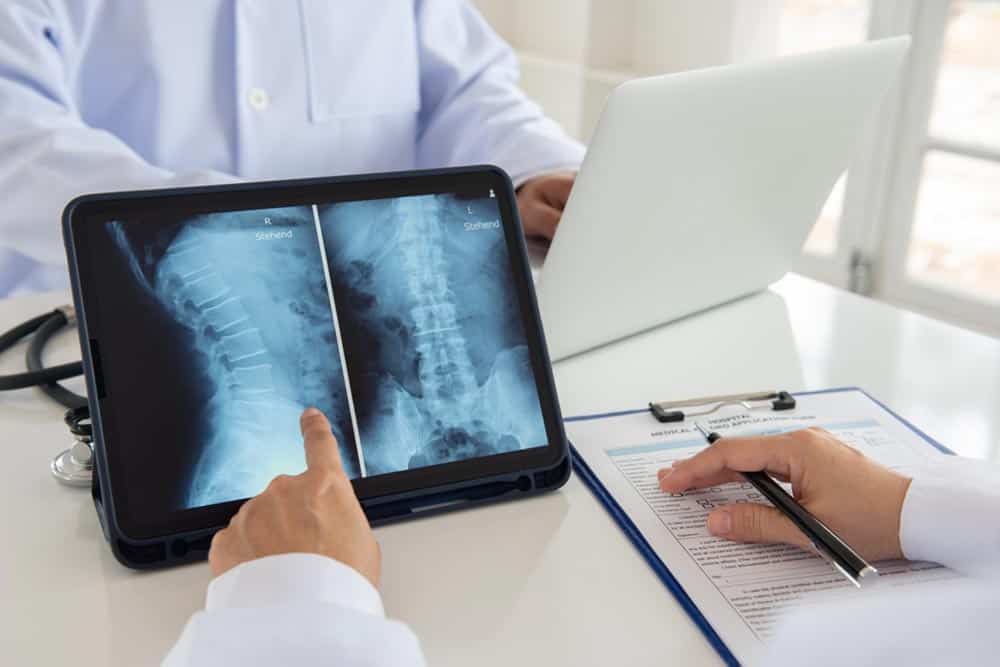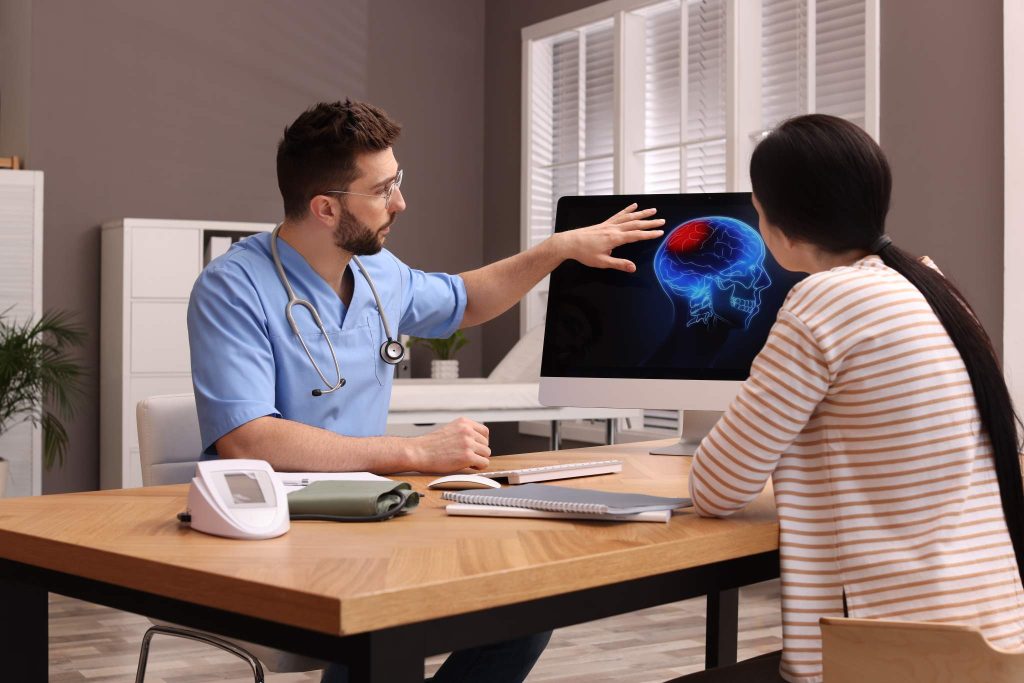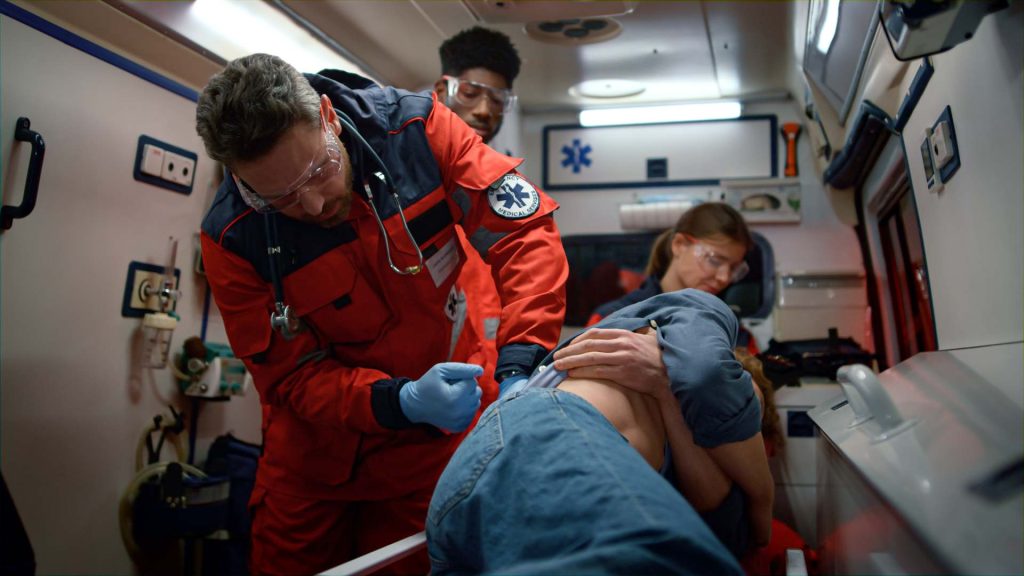Back pain can really start to take a toll on your quality of life, especially when you don’t know the cause. You may have experienced back pain after a recent car accident, sports injury, or if you slipped and fell. Or you might be struggling with chronic back pain and can’t seem to find relief at home. When back pain starts to affect your daily life and keep you from the things you enjoy, it’s time to see your doctor. Schedule an MRI in Atlanta and find out what is causing your back pain so you can get started on a treatment that will help provide you with relief.
What Is a Herniated Disc?
One common reason for back pain is a herniated disc. You can get a herniated disc from an acute injury, like whiplash from a car accident, or from a back injury while playing sports, or from a slip and fall accident. You can also develop a herniated disc over time as you age, due to chronic poor posture, or from conditions that cause disc degeneration.
A herniated disc refers to the spinal disc that separates two vertebrae in your spine. From your neck to your lower back, spinal discs provide cushion and support for your vertebrae and even help absorb shock from general movements as you go about your day. A spinal disc may slowly start to lose its shape and elasticity, which can cause it to bulge outward or slip out of its normal placement. A sudden injury to the spine can also cause a spinal disc to slip out of place.
When you have a herniated disc, it can put pressure on nearby nerves around your spinal cord that control and send signals to other parts of the body. A herniated disc in your neck may cause tingling and numbness in your shoulder or arm, while a bulging disc in your lower back may send stabbing, shooting pain through your buttocks and into your leg.
Diagnosing a Herniated Disc
In order to diagnose a herniated disc, your doctor will first want to hear about your back pain symptoms. It is helpful to provide your doctor with as much information as possible about where you experience back pain, what other symptoms you experience, and the severity of your symptoms. Your doctor may also perform a physical exam to assess your spine and nearby muscles and soft tissues. A herniated disc can also show up on advanced diagnostic imaging tools like an MRI scan. Your doctor may want to request an MRI scan to get clearer pictures of where the herniated disc is located and its severity.
How MRI Scans Work
An MRI scan takes longer than an X-ray, but it does not expose you to any radiation like an X-ray does. Additionally, MRI scans provide doctors with the clearest cross-sectional images of a specific part of the body so they can see how a herniated disc is affecting your internal structures from multiple angles. When you go in for an MRI in Atlanta, you will be asked not to wear any metal or jewelry because an MRI machine uses strong magnets and radio waves to take these images. You will then lie on a table that is inserted into what looks like a large, tubelike structure. An MRI in Atlanta can take anywhere from 30 minutes to an hour depending on what area of the body your doctor wants to scan. The scans are known for being quite loud as the magnets move around inside the structure, so your doctor will likely provide you with earplugs or headphones to make the experience more comfortable.
Developing a Treatment Plan for Herniated Disc
MRIs in Atlanta will provide your doctor with highly detailed images of your spine, the spinal discs, and how a herniated disc may be affecting nearby nerves and soft tissues in your body. This will help your doctor to develop an informed treatment plan specific to your symptoms and needs. In order to achieve lasting pain relief, your doctor will address the root cause of the herniated disc as well as the symptoms you are experiencing.
At AICA Orthopedics, our team of orthopedic doctors, chiropractors, neurologists, and physical therapists have access to MRI scans in-house to provide you with the comprehensive and quality care you deserve for a herniated disc. Visit one of our metro Atlanta locations to learn more about how we can help you experience pain relief from a herniated disc.





